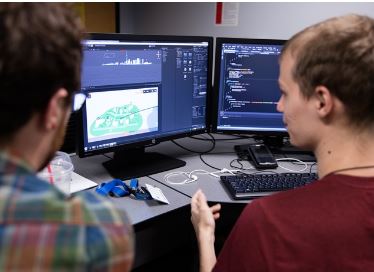Swedish Fake News and Programming
Sweden is usually ranked among the most progressive and technologically advanced countries in Europe and the rest of the world. With Sweden being one of the leaders in the tech industry, they’ve taken the next step with their education by adding programming and coding to their national curriculum by July of 2018. These classes will be available to children as young as their first year of primary school. It is reported that by 2020, Europe will be short of over a million programmers, and Sweden’s initiative to attempt to solve this dilemma has brought an air of relief for the future. As the world progresses further technologically, the world is always in need of experienced minds to handle these new challenges. In recent years, programming and coding is becoming more of a necessity across the world, with such movements like the Hour of Code, an event that schools are using globally to introduce the concept of coding at the basic level.
This has not been the only thing that Sweden plans to introduce to its students. The Swedish government has also made strives to teach students at the primary level to learn the difference between reliable and unreliable sources, particularly on spotting fake news. If the past year has taught us anything, it’s that fake news has a drastic impact on the societies it’s presented to. “You need to know what you can trust, what the difference between a serious media outlet and a propaganda site is,” said Swedish education minister Gustav Fridolin. With media becoming more and more questionable, it is essential that even the youngest of children have the ability to make a distinction between fact and fiction.

